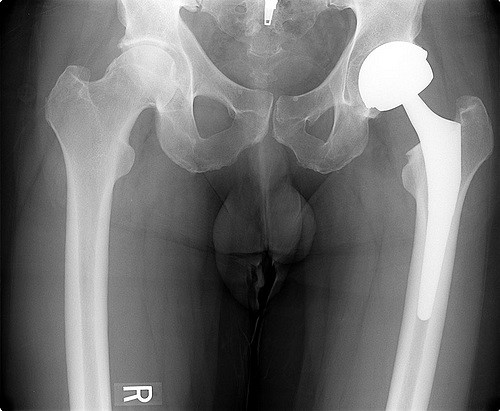At the start of a new year it is tempting to hope that a Harry Potter-esque wizard will appear, point his or her wand and cast an Optimization Charm over our health care system. Fat chance. Instead, we can be sure that other magicians will try several less effective charms – the No Bureaucracy Charm, the Let the Feds Run It Charm, and the most colourful, complete with pink smoke – the Take Politics out of Health Charm.
While these lesser charms fortunately lack the power to do much damage, it helps when seeking health service reform to be clear about why they do not work.
The No Bureaucracy Charm seeks to expel the majority of health service managers. Clipboards and Blackberries would cause their holders to go up in smoke. The relief for clinicians would be palpable, it is said, although many clinicians might find the increased administrative load intolerable.
I have worked in the health service for forty years and have observed the professional capability of health service managers improve spectacularly over that interval. It does not help to believe that the health service could be managed by 10 per cent of the current administrative workforce. Downsizing in business was once popular until it became clear it was a form of managerial bulimia.
If we are dissatisfied with the management arrangements in health, we should help fix them through improved training of bureaucrats, clearer management structures and purposes, and better IT. Where there are too many managers, by all means reduce their number, but also recognise that at times and in some places, more still may be needed.
The Let the Feds Run it Charm is proposed by those who perceive much energy wasted shifting costs for care from State and Territory accounts to federal coffers. The principal benefit comes through switching off the lights in the Office for Cost-Shifting.
Were this spell to work, it might remove health service funding decisions even further from the people whom they are supposed to serve. This need not necessarily be so: the Commonwealth may wish to fund area health services, let us say, to cover the costs of all health care needed by the citizens of those areas.
The positive element is that people needing hospital, community or residential care would then receive it according to need. But I doubt it. The competition between specialties and professions for resources to provide the best care as they see it would be undiminished: popular services would continue to receive resources disproportionately.
Governance of health services is far more complex than this charm imagines. We need to work on reinstating community preferences into how health service resources are allocated and managing the different professional groups to achieve best care for patients with continuing health problems.
The Take Politics out of Health Charm simply mistakes the nature of health. Health is every person’s business and as such belongs to the entire nation. How can we expect it to be free of politics? What politician could claim relevance, or offer appeal, were he or she to say, ‘I believe health is an individual business and government has no interest in preserving it, preventing its loss or attending to people who are sick.’
We have not reached a point where 10 per cent of our GDP is spent on health by accident, nor is it an amazing thing that two-thirds of what we spend comes through public funding. This latter figure is much the same for most OECD countries.
Basically, we all agree that health is a public concern. Of course, how a politician handles health and health care will reflect his or her political persuasion, but that is a minor variation on the basic tune – that health is utterly political. In seeking reform and improvement, political engagement is essential. We need to be better at the politics of health, not abandon it.



